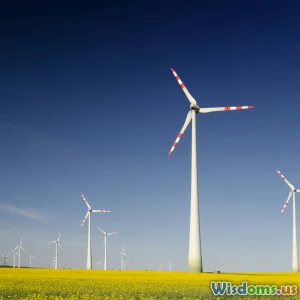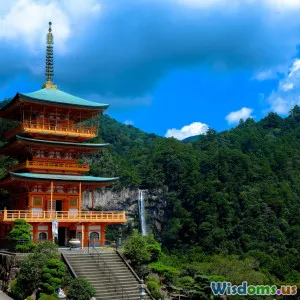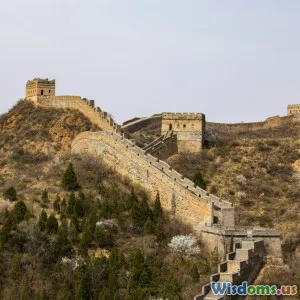
Can Daoism Offer Solutions to Environmental Crises Today
4 min read Exploring how Daoism's principles can address today's environmental crises sustainably. (0 Reviews)
Can Daoism Offer Solutions to Environmental Crises Today?
Environmental crises such as climate change, biodiversity loss, and pollution pose unprecedented challenges to societies worldwide. While technological and political solutions are vital, philosophical insights, especially from ancient traditions like Daoism, offer a different but crucial perspective. Could Daoism’s centuries-old wisdom hold keys to fostering sustainable coexistence with nature in our modern times? This article explores how Daoism’s principles resonate with today’s ecological imperatives and can provide meaningful pathways for addressing environmental crises.
Understanding Daoism: Philosophy Rooted in Nature
Daoism (or Taoism) is a Chinese philosophical and spiritual tradition dating back over 2,500 years, principally articulated by Laozi in the foundational text, the Dao De Jing. The central concept is the Dao (The Way) — an ineffable, all-encompassing force representing the natural order or flow of the universe.
Key Concepts Relevant to Environmental Ethics:
- Wu Wei (Non-Action or Effortless Action): The principle encourages naturalness and going with the flow, minimizing forceful interference with the environment.
- Harmony with Nature: Humans are part of the ecosystem and should live in balance rather than dominance over nature.
- Simplicity and Humility: Advocates a lifestyle free from excess and extravagance, reducing unnecessary exploitation.
This worldview contrasts starkly with modern industrial society’s often exploitative stance towards nature, highlighting the intrinsic value and interconnectedness of all life.
Daoism’s Natural Harmony as an Antidote to Environmental Degradation
The Principle of Wu Wei: Embracing Minimal Interference
At its core, Daoism teaches wu wei, which can be interpreted not as doing nothing but as acting in harmony with the natural rhythm. This subtle approach encourages humans to avoid aggressive interventions in nature, thereby reducing ecological footprints.
For example, in sustainable agriculture, the concept of permaculture—designing agricultural ecosystems modeled on natural processes—echoes wu wei by working with natural patterns rather than against them. Such methods have proven effective in regenerative farming, increasing biodiversity while improving soil health.
Ecological Balance Through Yin-Yang Dynamics
Daoism’s concept of yin and yang symbolizes the complementary forces in nature — light and dark, growth and decay. Recognizing these opposites as necessary and balanced is crucial for sustainable environmental management.
For instance, recognizing the necessity of natural predators balancing prey populations reflects this yin-yang thinking. Modern wildlife conservation efforts increasingly adopt this balance rather than disrupting ecosystems with drastic interventions.
Applying Daoist Philosophy in Contemporary Environmental Policies
Case Study: Daoist Influence in Chinese Ecological Civilization
China, where Daoism developed, recently embraced the term
Rate the Post
User Reviews
Popular Posts


















